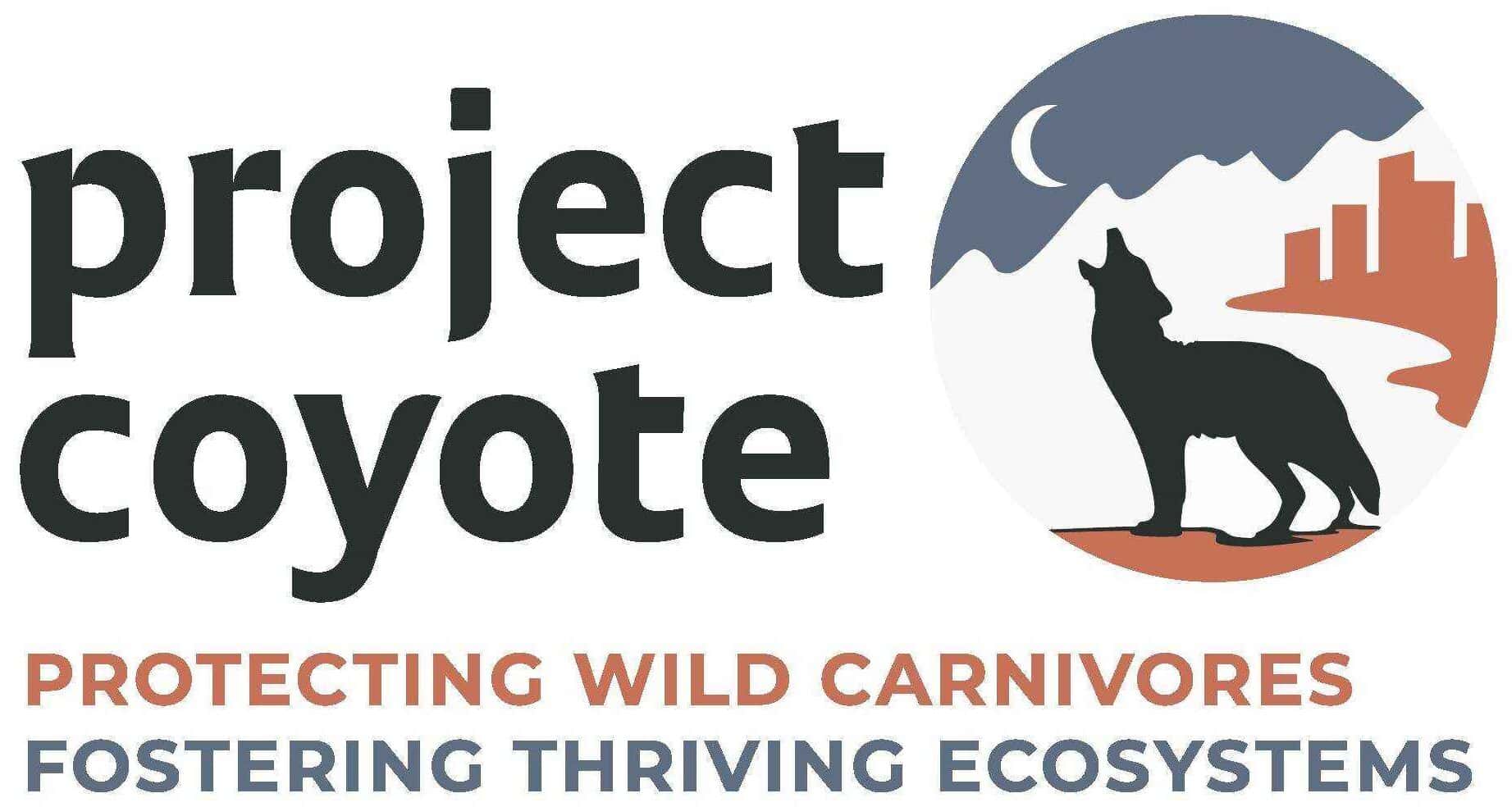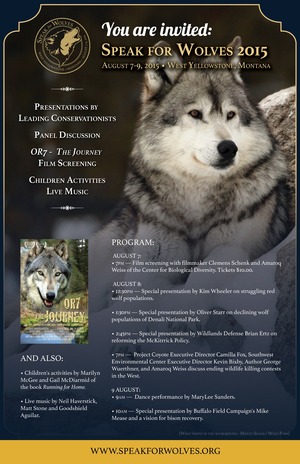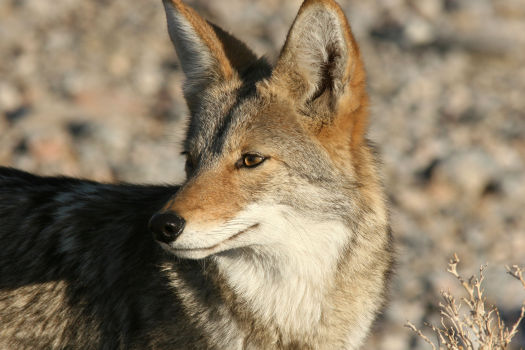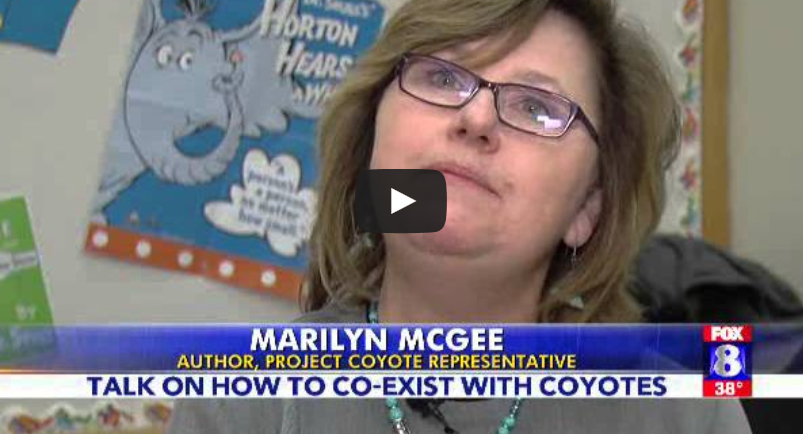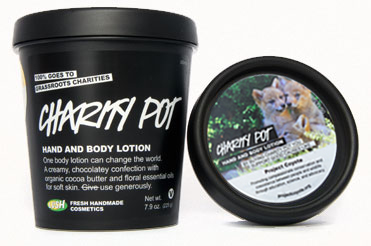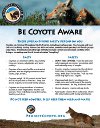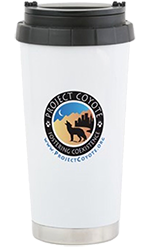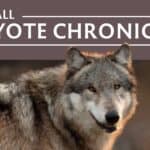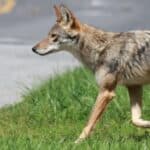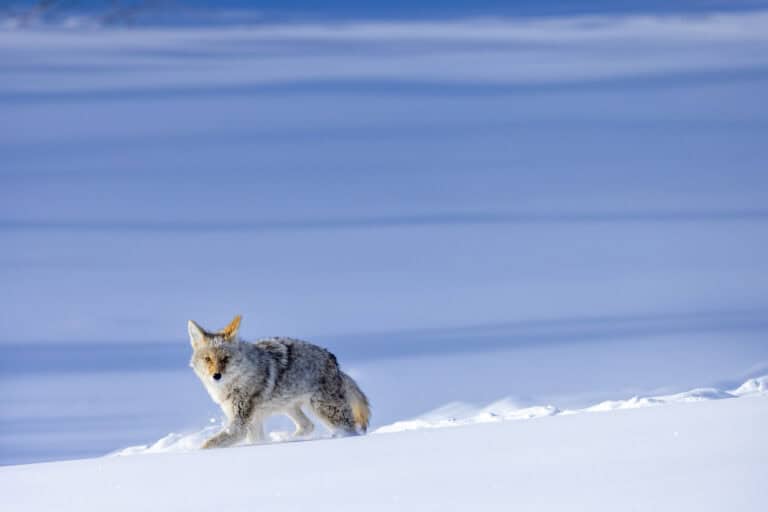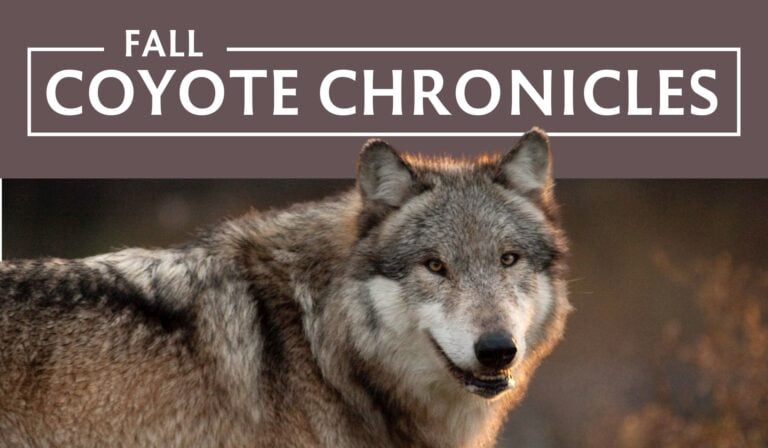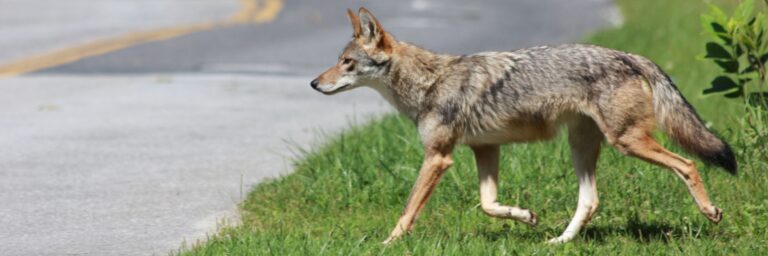JULY / AUGUST 2015 IN THIS ISSUE:
- Saving Bobcats in California
- In the Spotlight
- Youth in Action: Keeping It Wild
- Speak for Wolves
- In the News…
- Camilla Fox Recognized as Conservationist of the Year
- Lush Charity Pot Partnership
- July Coyote Fact
July / August 2015
CHALLENGING TIMES AHEAD…
These are perilous times for carnivores in North America. With ongoing attacks on wolf protections at the federal and state levels and the continued assault on carnivores through trophy hunting, trapping and taxpayer subsidized predator control programs, it not easy to be a predator on this continent.
While Project Coyote recognizes the challenges, we also see opportunities for change.
And, as you will read below, we’ve been busy: working hard to reform predator management schemes, mobilizing youth to speak up for wildlife, educating the public and policy makers, and securing major press coverage. We’re also working on a short film about wildlife killing contests which we’ll be sharing more about in the weeks to come.
Our goal is not only to protect coyotes, wolves, bobcats and other species, but also to transform how society views America’s wild animals, seeing their intrinsic worth and understanding the vital role they play in maintaining ecosystem health and integrity.
I appreciate your involvement. With you in our corner, I am confident that we can win real change for our native carnivores.
Thank you for your support; you make our work for wildlife possible.
Camilla H. Fox
Founder & Executive Director
SAVING BOBCATS IN CALIFORNIA
On the heels of our critical victory that closed loopholes allowing prizes for the killing of coyotes and other wildlife in California, we are pressing for a ban on the cruel practice of trapping bobcats in the Golden State whose pelts are shipped overseas to feed the insatiable international fur trade.
The CA Fish and Game Commission will vote on the issue on August 5th.
Act now by adding your voice to the more than 10,000 people urging a ban on this cruel practice.
What You Need to Know About the Proposed Bobcat Trapping Ban
California’s “Bobcat Protection Act” (AB 1213) started as a statewide ban on bobcat trapping but pressure from trapping proponents weakened the law.
The current Act requires the Fish and Game Commission to go through a complex process to amend its regulations to prohibit trapping bobcats “within, and adjacent to, the boundaries of a national or state park, monument or preserve, national wildlife refuge, and any other public or private conservation area identified by the commission for protection.”
Thankfully, former Commissioner Richard Rogers proposed that a complete ban on bobcat trapping be considered and fully vetted by the Commission. Read a major news article on the issue.
What We Are Doing
Project Coyote believes that a simple ban on bobcat trapping (versus a morass of complicated regulations) is the right option — ethically, economically and ecologically.
With our allies, we have launched a concerted effort to protect bobcats including:
- Initiating a petition calling on the Commission, the California Department of Fish and Wildlife and CA Governor Jerry Brown to support the proposed trapping ban;
- Testifying at public hearings and mobilizing our supporters to join us;
- Spearheading a letter signed by prominent scientists arguing for a ban;
- Securing media attention;
- Involving youth and educators;
- Educating the public and policymakers.
Join us in this effort! Read our latest action alert here.
An interview with Tim Alpers, Mono County Supervisor, District 3. Watch here.
IN THE SPOTLIGHT
Meet Marilyn McGee North Carolina Representative
Project Coyote is pleased to welcome Marilyn McGee as our North Carolina Representative.
Marilyn McGee is passionate about teaching. In addition to creating a nurturing environment for elementary school children, she has developed community outreach programs about red and gray wolf ecology, the positive impact of predators on the landscape, and now, a program on coexisting with coyotes.
One of her most fulfilling accomplishments has been co-authoring Running for Home, a book about what happens when the wolf is restored to its native habitat. Read more about Running for Home here.
Meet Caroline Kraus Multimedia Producer
Caroline Kraus is a writer, photographer, and documentary videographer with a passion for storytelling and a devotion to animal protection and welfare. Along with Project Coyote, she has served the Independent Television Service, PBS, The Wild Horse Preservation Campaign, The National Park Service, and the San Francisco Academy of Art. Her Moments of Truth Project delves into human-animal relationships.
The author of Borderlines, a memoir, Caroline holds a Masters of Arts in Film and Media Studies from The New School in New York City.
Check out an example of the type of video that Caroline is producing to help us better protect native carnivores.
YOUTH IN ACTION: KEEPING IT WILD
Kids Speak Up for Wildlife
Youth education is fundamental to shifting society’s understanding of and relationship to wildlife.
Project Coyote’s “Keeping It Wild” program educates children about predators and coexistence, fosters respect and compassion for wildlife, and contributes to students’ environmental and scientific literacy.
Our education program teaches students that they can make a difference by providing information and methods to effect change and to create models for future leaders.
Recently, students from the Fairfax Manor Elementary School Green Team and teacher Laura Honda testified at the California Fish & Game Commission hearing on bobcat trapping.
Here’s what some of the kids said:
“When I heard about the bobcats being killed I was horrified… It’s just cruel that people could do such a thing to our beautiful creatures.”
“I care very, very deeply about animals. Especially bobcats.”
“If you do not stop now, then how many bobcats will become extinct before we know it?”
Watch these informed kids in action!
And read more here!
See What People Are Saying About the Proposed Bobcat Ban
“Bobcat trapping is philosophically repugnant.”
—former CA Fish & Game Commissioner Richard Rogers
“I’m skeptical, frankly, that a legal trade helps to control an illegal trade.”
—former CA Fish & Game Commissioner Michael Sutton
—Camilla Fox, Executive Director of Project Coyote (San Francisco Chronicle)
Speak for Wolves
Project Coyote protects all native carnivores, including wolves.
While wolves are now fully protected in California under the state’s Endangered Species Act, they are under assault in other regions of the country. In Idaho and Montana, wolves are the prize target in predator “derbies” where prizes are awarded for the largest animal killed. At the federal level, lawmakers are attempting to strip wolves of protections through Congressional riders and other undemocratic processes.
Over the next several months, Project Coyote will be represented at several major national events that focus on wolves.
In July, Science Board Advisory Member Adrian Treves is helping organize the Wolf and Wildlife Conservation and Coexistence Initiative in Wisconsin and will be a keynote speaker there.
In August at the Speak for Wolves conference in West Yellowstone, Montana Camilla Fox will lead a team of panelists in discussing wildlife killing derbies on federal public lands.
In the News…
Misguided federal policy ignores facts about coyotes
Op Ed by Peter Coyote
SF Chronicle
6.8.15
Wildlife groups take aim at lethal control of predators
by Peter Fimrite
SF Chronicle
6.1.15
Cities are for Wildlife: An Interview with Camilla Fox
Biophilic Cities
3.23.15
Fox News interviews Marilyn McGee, Project Coyote’s North Carolina Representative
Fox News
3.3.15
Camilla Fox Named Conservationist of the Year
Camilla’s nomination described her as a “passionate crusader” promoting compassionate conservation and coexistence between people and wildlife through education, science and advocacy.
Watch a video of Camilla receiving the award and expressing her appreciation.
LUSH CHARITY POT PARTNERSHIP
Project Coyote partnered with Lush USA as one of the company’s chosen environmental and animal protection causes. Lush produces a hand and body lotion called Charity Pot with 100% of the purchase price (every single penny minus the taxes) going to charity. Lush’s support helped fund Project Coyote’s Coyote Friendly Communities program. Read more here.
We extend a big thank you to Lush for their generosity, for their compassion for animals and the environment, and for their high ethical standards as a company.
July Coyote Fact
Fact: At least 19 subspecies of coyote roam North and Central America from California to Newfoundland and Alaska to Panama, occupying a broad range of habitats.
Coyotes play an important ecological role helping to maintain healthy ecosystems and species diversity.
As the top carnivore in some ecosystems, coyotes provide a number of benefits including keeping rodent populations in check and limiting the number of mesocarnivores in an area (such as skunks, raccoons, foxes and feral cats). By keeping mesocarnivores in check, coyotes benefit ground and song bird populations and diversity. Read more here.
Help Spread the Message of Coexistence in Your Community!
Download our free Be Coyote Aware Sign Here
Sip your latte from Project Coyote’s unique stainless steel travel mug.
Check out Project Coyote’s cool swag at our Cafe Press Store.
Shop and help spread our message!
 Join our E-TEAM
Join our E-TEAM
Get periodic e-news, action alerts, and join our growing network of educators, scientists, predator friendly ranchers and citizen leaders who are helping people and wildlife coexist in our communities.
Join a growing community of educated and empowered citizens by expressing your commitment to compassionate conservation with a financial investment.
You can DONATE, become a SPONSOR or leave a LEGACY GIFT.
